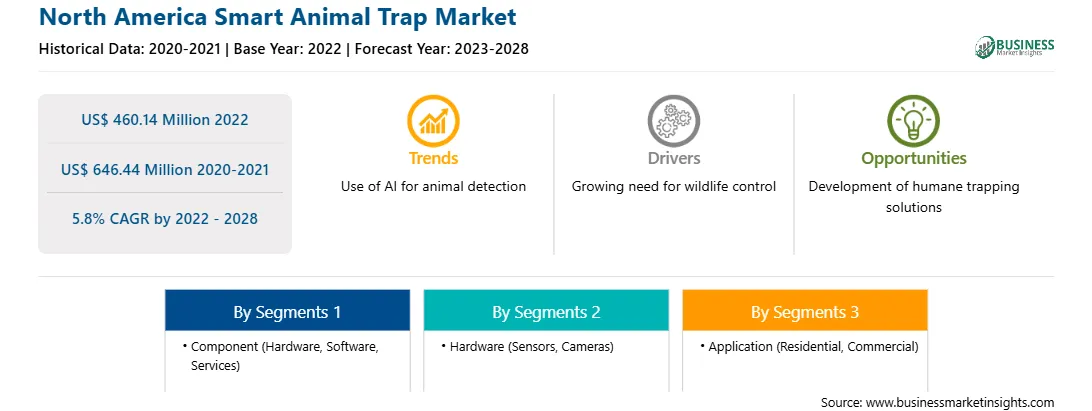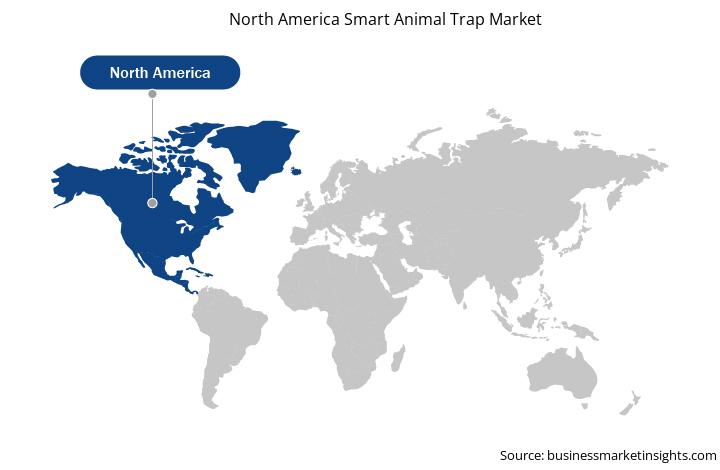Agriculture is the primary means of livelihood for many people around the world. Farmers still rely on old, conventional farming practices, which is a major factor causing a reduction in crop yields. The poor management of animal infiltration in agricultural lands is one of many factors that contribute to this. Deer, wild pigs, rabbits, moles, monkeys, and other animals with high reproductive rates can seriously harm crops by nibbling on small pieces or just by rushing around the fields and trampling them. The fast adaptation of some wild animal species to anthropogenic surroundings is further intensifying the HWCs, which results in reproduction of populations that are abnormally big in numbers. Epigenetics may provide species with the adaptability to be able to cope with rapidly changing environmental conditions, even if they take a long time to develop and reproduce sparingly. Shorter-lived species reproduce more frequently, and the quick succession of generations makes it possible for them to attain genetic adaptation much more swiftly through natural selection. The manual irrigation of a vast tract of agricultural land is exceedingly laborious for farmers and wild animal attacks in such huge population might quickly result in considerable yield losses and create financial issues for farmers. Considering the fact that crop security from wild animals necessitates extra precautions that adds up to overall costs of farming, the need for smart animal traps is likely to propel in the market during the forecast period.
Vendors in the smart animal trap market can attract new customers and expand their footprints in emerging markets by offering products with new features and technologies. This factor is likely to drive the North America smart animal trap market at a good CAGR during the forecast period.
Strategic insights for the North America Smart Animal Trap provides data-driven analysis of the industry landscape, including current trends, key players, and regional nuances. These insights offer actionable recommendations, enabling readers to differentiate themselves from competitors by identifying untapped segments or developing unique value propositions. Leveraging data analytics, these insights help industry players anticipate the market shifts, whether investors, manufacturers, or other stakeholders. A future-oriented perspective is essential, helping stakeholders anticipate market shifts and position themselves for long-term success in this dynamic region. Ultimately, effective strategic insights empower readers to make informed decisions that drive profitability and achieve their business objectives within the market.

| Report Attribute | Details |
|---|---|
| Market size in 2022 | US$ 460.14 Million |
| Market Size by 2028 | US$ 646.44 Million |
| Global CAGR (2022 - 2028) | 5.8% |
| Historical Data | 2020-2021 |
| Forecast period | 2023-2028 |
| Segments Covered |
By Component
|
| Regions and Countries Covered | North America
|
| Market leaders and key company profiles |
The geographic scope of the North America Smart Animal Trap refers to the specific areas in which a business operates and competes. Understanding local distinctions, such as diverse consumer preferences (e.g., demand for specific plug types or battery backup durations), varying economic conditions, and regulatory environments, is crucial for tailoring strategies to specific markets. Businesses can expand their reach by identifying underserved areas or adapting their offerings to meet local demands. A clear market focus allows for more effective resource allocation, targeted marketing campaigns, and better positioning against local competitors, ultimately driving growth in those targeted areas.

The North America smart animal trap market is segmented on the basis of hardware, application, component, and country. Based on hardware, the market is segmented into sensors, cameras, and others. The cameras segment dominated the market in 2022, and the sensors segment is expected to register the highest CAGR during forecast period. By application, the market is bifurcated into residential and commercial. The commercial segment dominated the market in 2022 and is expected to register a higher CAGR during the forecast period. In terms of component, the North America smart animal trap market is segmented into hardware, software, and services. The hardware segment dominated the market in 2022, and the software segment is expected to register the highest CAGR during the forecast period. From country point of reference, the North America smart animal trap market is segmented into the US, Canada, and Mexico.
Fallenmelder TRAPMASTER, Skyhawk, TrapSmart tm LLP., Triotos, and Wildlife Dominion Management LLC. (HogEye) are among the leading companies in the North America smart animal trap market.
The North America Smart Animal Trap Market is valued at US$ 460.14 Million in 2022, it is projected to reach US$ 646.44 Million by 2028.
As per our report North America Smart Animal Trap Market, the market size is valued at US$ 460.14 Million in 2022, projecting it to reach US$ 646.44 Million by 2028. This translates to a CAGR of approximately 5.8% during the forecast period.
The North America Smart Animal Trap Market report typically cover these key segments-
The historic period, base year, and forecast period can vary slightly depending on the specific market research report. However, for the North America Smart Animal Trap Market report:
The North America Smart Animal Trap Market is populated by several key players, each contributing to its growth and innovation. Some of the major players include:
The North America Smart Animal Trap Market report is valuable for diverse stakeholders, including:
Essentially, anyone involved in or considering involvement in the North America Smart Animal Trap Market value chain can benefit from the information contained in a comprehensive market report.